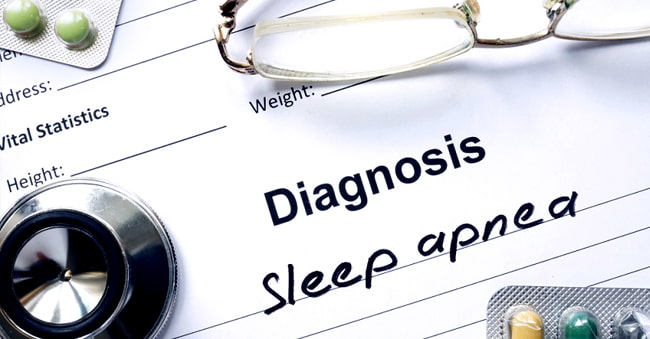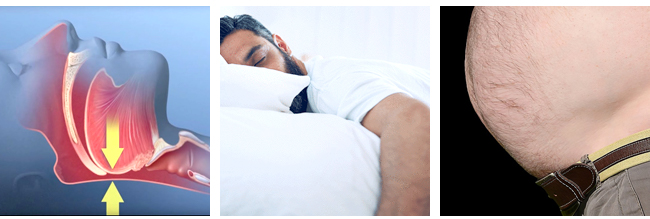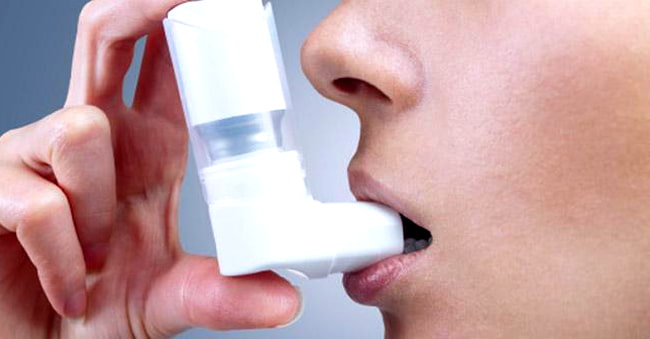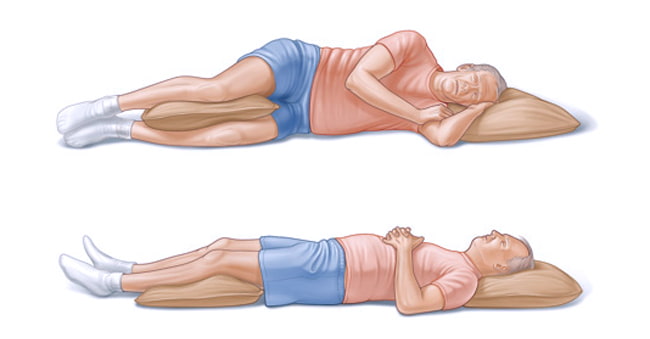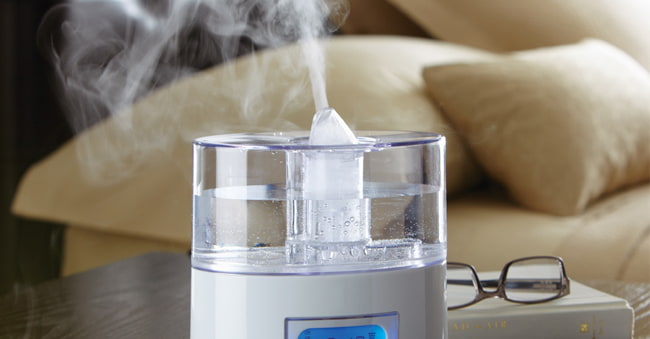Sound or noisy breathing during sleep are called snoring. Snoring happens when vibration occurs within the airways of the nose and throat which causes the particles in the air to form sound waves during sleep. Narrow air spaces that lead to snoring can be caused by various reasons depend on the health condition of the people.
Despite age or gender, snoring can be a common problem to anyone and more frequently in men. It usually becomes more serious as people age and are overweight. Snoring may occur nightly or intermittently.
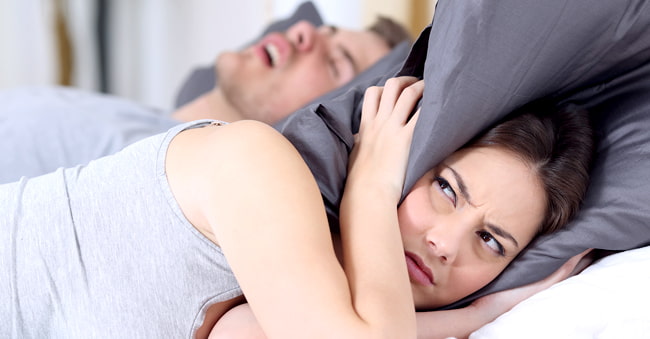
Occasional snoring is usually not very serious but it may cause disruptions to your sleep and mostly a nuisance for your bed-partner’s sleep. People who snore a lot can lead to poor productivity which include tiredness and sleepiness after being affected by the fragmented and un-refreshing sleep.
Among people who snore loudly, half of the population have obstructive sleep apnea. Sleep apnea is a serious sleep disorder that occurs when a person’s breathing is interrupted during sleep. Sleep apnea caused the people who have it stop breathing repeatedly during their sleep which may occur up to a hundred times and cause the brain and the rest of the body to lose oxygen.
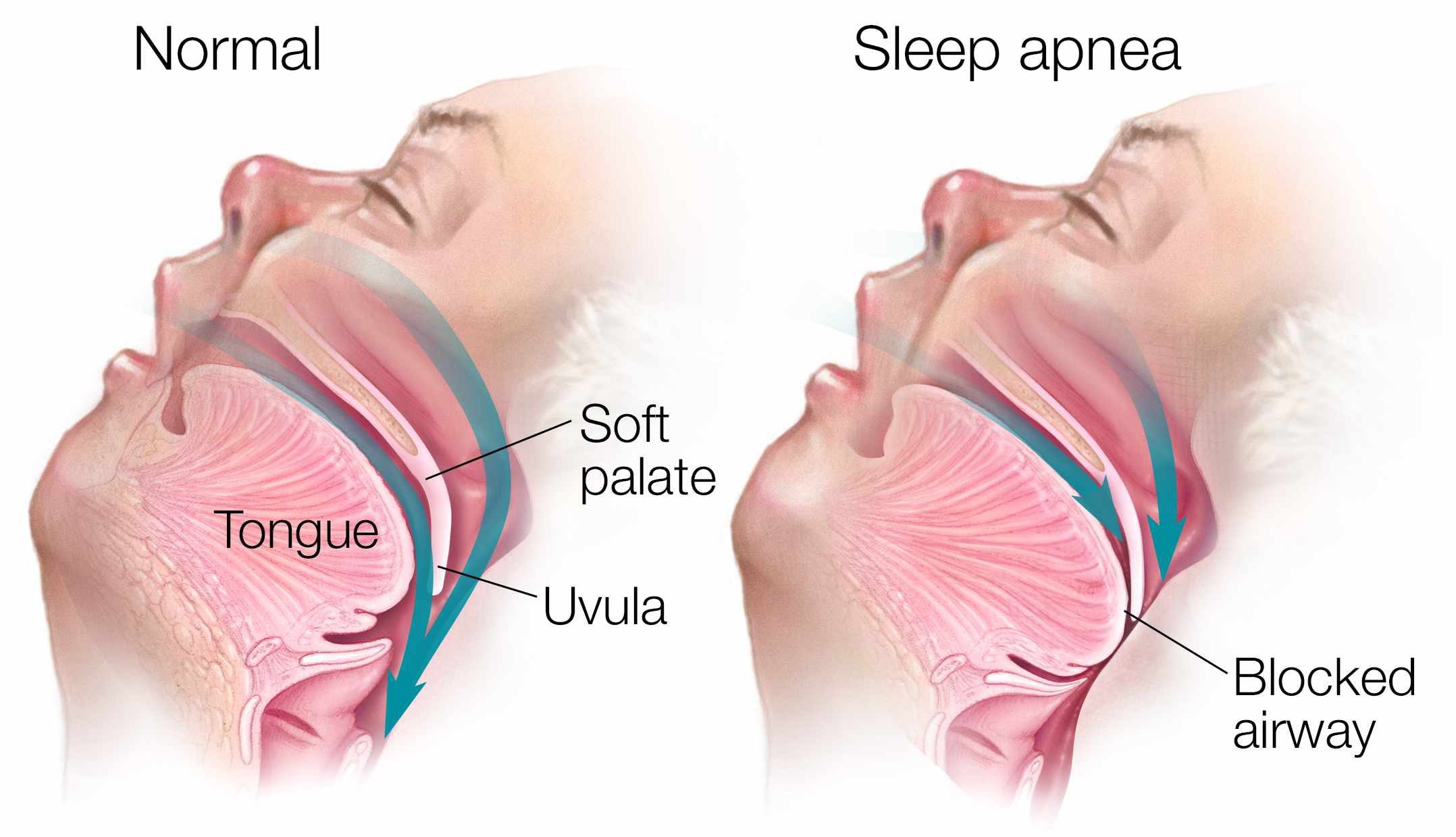
There are three types of sleep apnea:
- Obstructive sleep apnea (OSA) – The most common sleeping disorder. It happens when the airway is blocked by the soft tissue in the back of the throat that collapses during sleep.
- Central sleep apnea – The brain fails to signal the musclesto breathe, due to instability in the respiratory control centre.
- Complex sleep apnea syndrome – This syndrome are those who suffered from both obstructive and central sleep apnea disorder.
Sleep apnea can affect anyone at any age, both men and women, even children. Those who are suffering from this are advised to seek for medical assistance as snoring are believed linked to heart disease.
